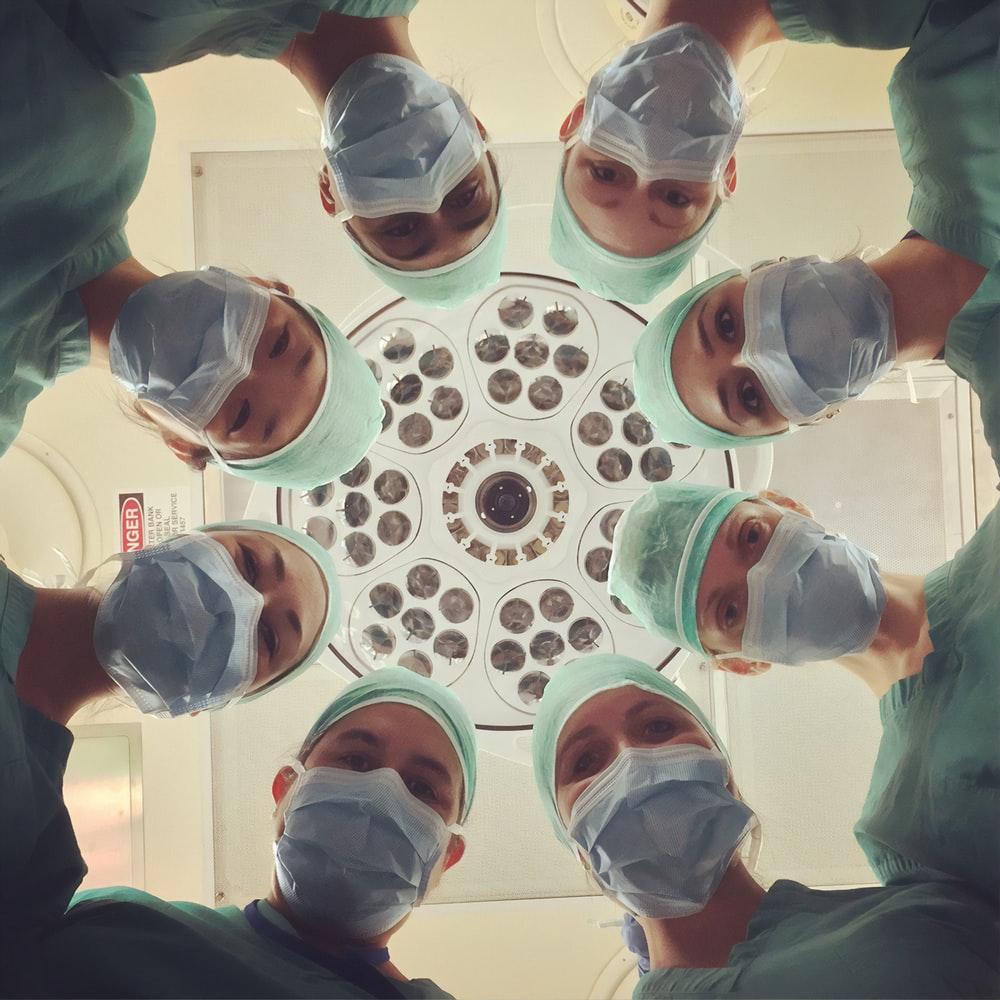
This article was exclusively written for The European Sting by Mr. Abrar Abd El-mohaimn Ali, currently in the second semester of medicine at University of Khartoum, from Sudan Khartoum, medical education and research enthusiastic. He is affiliated to the International Federation of Medical Students Associations (IFMSA), cordial partner of The Sting. The opinions expressed in this piece belong strictly to the writer and do not necessarily reflect IFMSA’s view on the topic, nor The European Sting’s one.
No one should be harmed while doing his\her work, and no doubt that everyone has a right to be safe at the workplace and not carrying any concerns about being in threatening circumstances. and that’s what is called ” occupational health”.
So occupational Safety and Health are to prevent diseases, injuries, and deaths that are due to working conditions. It’s clear that to what extent this occupational health is important for all; but it’s much more important for healthcare workers and caregivers!
Healthcare workers are more powerful than we think! They save lives, get people back on their feet, and back to work, they keep business succeeding and economic growth, the health sector is a major and growing source of jobs. In addition, health care workers face a wide range of hazards on the job including; sharps, injuries, harmful exposure to chemical and hazardous drugs, violence, and stress. Although it is possible to prevent or at least to reduce healthcare workers exposed to these hazards, they continue to experience injuries and illnesses in the workplace.
Statistics show that a hospital is one of the most hazardous places to work. In 2011, U.S. hospitals recorded 253,700 work-related injuries and illnesses, which computes to a rate of 6.8 work-related injuries and illnesses for every 100 full-time employees.
As no one should be harmed while receiving health care; it’s as important to ensure the safety of those caregivers as well. Patient and healthcare worker safety are hand by hand. Good patient safety was present when caregivers have good access to their occupational safety.
The culture of neglect of workplace health and safety impacts not only healthcare workers but also contribute to the declining quality of health care that the ability to provide to the communities they serve. Occupational exposure to blood and body fluids is a serious concern and presents a major risk for the transmission of infections such as HIV & hepatitis especially for health care workers in developing countries where there is not enough PPE to prevent them to some extent.
This risk can affect all the communities through those caregivers and from different aspects, it can affect their families, patients, and can’t affect also in the hospital’s cost.
And here our role is to advocate for this issue, take actions to save lives, and speak up for healthcare workers’ safety!
It’s the call of duty to stand up and support them!
About the author
Abrar Abd El-mohaimn Ali is currently in the second semester of medicine at University of Khartoum, from Sudan Khartoum, medical education and research enthusiastic.
This blog was taken from - The European Sting
